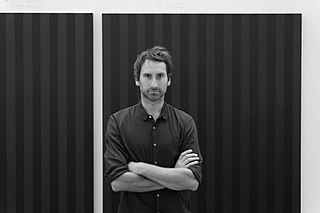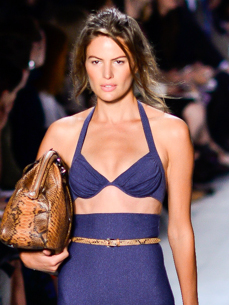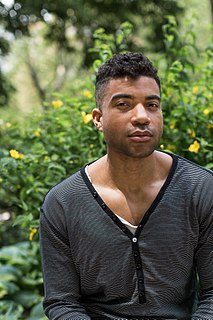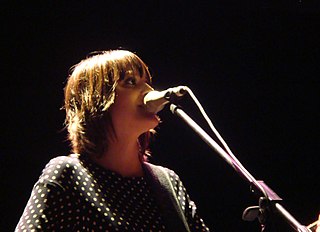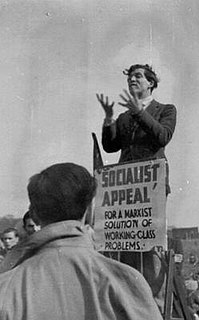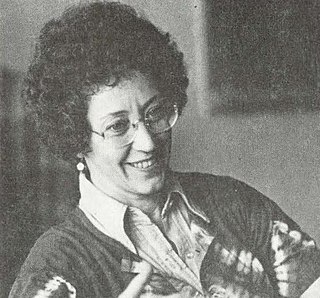A Quote by Annie Leibovitz
As fantastic as it is to have 'Vogue' and 'Vanity Fair' as places to work, I don't often get to shoot the kind of things I like to photograph in the way I like to photograph.
Related Quotes
... I'm sort of a nervous person with the camera, so I will just shoot arbitrarily until I can focus and compose something, and then I make a shot. So generally, in [the] proof sheets, there are only three or four really concentrated efforts to take a photograph. It's not like a professional kind of person who sets it up so every photograph looks really cool.
If you photograph for a long time, you get to understand such things as body language. I often do not look at people I photograph, especially afterwards. Also when I want a photo, I become somewhat fearless, and this helps a lot. There will always be someone who objects to being photographed, and when this happens you move on.
How foolish of me to believe that it would be that easy. I had confused the appearance of trees and automobiles, and people with a reality itself, and believed that a photograph of these appearances to be a photograph of it. It is a melancholy truth that I will never be able to photograph it and can only fail. I am a reflection photographing other reflections within a reflection. To photograph reality is to photograph nothing.
A photograph never grows old. You and I change, people change all through the months and years but a photograph always remains the same. How nice to look at a photograph of mother or father taken many years ago. You see them as you remember them. But as people live on, they change completely. That is why I think a photograph can be kind.
I guess my choice of medium depends on how I want to interpret the idea. Sometimes the interpretation works best in a photograph, and then sometimes it works best in a drawing. But most often times, with the work, everything starts with the diorama with the photograph. Then I'm just filtering out ideas and images from the photograph and reinterpreting them in other mediums.
A work of art is itself an object, first of all, and so manipulation is unavoidable: it's a prerequisite. But I needed the greater objectivity of the photograph in order to correct my own way of seeing: for instance, if I draw an object from nature, I start to stylize and to change it in accordance with my personal vision and my training. But if I paint from a photograph, I can forget all the criteria that I get from these sources. I can paint against my will, as it were. And that, to me, felt like an enrichment.
As far as the surface is concerned - oil on canvas, conventionally applied - my pictures have little to do with the original photograph. They are totally painting (whatever that may mean). On the other hand, they are so like the photograph that the thing that distinguished the photograph from all other pictures remains intact.
After I have photographed the way I like to, I feel as I might if I had been making love all day, marvelous and exhausted and wanting to collapse on the floor in a heap. That's why I can't photograph just anybody, and why it's so hard to photograph people on assignment; it's like going to bed with someone not of my choosing.


